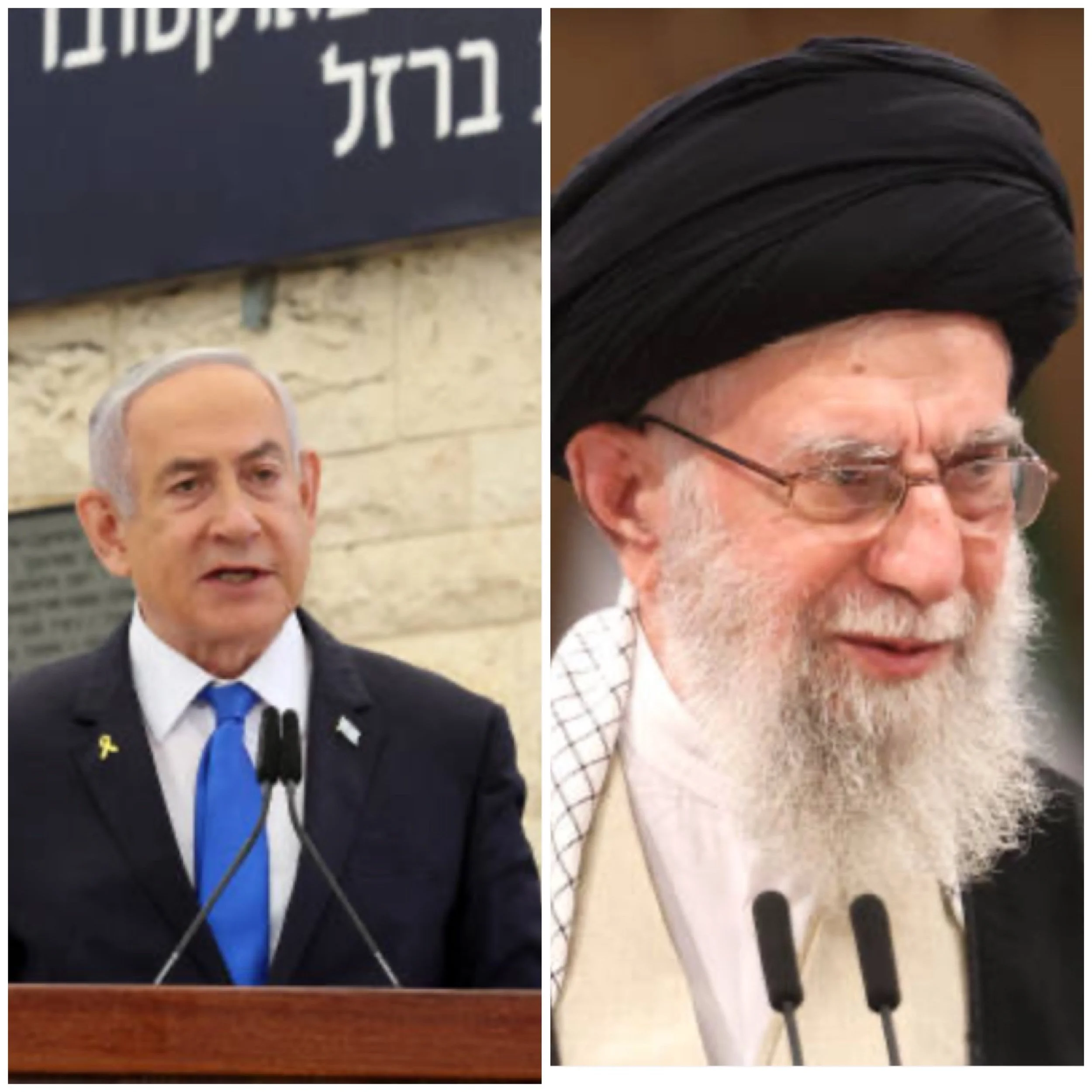How has the Argentine public reacted to the country's increased ties with Israel
Introduction
The Argentine public’s reaction to the country’s increased ties with Israel, particularly under President Javier Milei, has been mixed, reflecting a range of opinions influenced by political, social, and historical contexts.
Support for the Alliance
Right-Wing Support:
Many supporters of Milei, particularly those aligned with right-wing ideologies, have welcomed the strengthened ties with Israel. They view this alignment as a necessary stance against terrorism and a reaffirmation of Argentina’s commitment to Western values. The designation of Hamas as a terrorist organization has resonated positively with segments of the population that prioritize national security and support for Israel.
Jewish Community:
Argentina is home to the largest Jewish community in Latin America, and some leaders within this community have expressed approval of Milei’s pro-Israel policies. For instance, Jorge Knoblovits, president of the Delegation of Argentine Israeli Associations (DAIA), stated that Milei’s support for Israel is significant and important for Argentine society.
Criticism and Opposition
Public Protests:
There have been notable protests against Milei’s administration and its policies towards Israel. Demonstrators have expressed solidarity with Palestinians and criticized the government’s alignment with Israel during its military operations in Gaza. These protests reflect a segment of the population that is concerned about human rights violations and the humanitarian crisis resulting from the conflict.
Political Opposition:
Leftist factions and some members of the public have voiced strong opposition to Milei’s approach, arguing that it represents a departure from Argentina’s historically more balanced foreign policy regarding Israel and Palestine. Critics argue that this shift may exacerbate tensions within Argentina and undermine its diplomatic relations with other countries in Latin America that support Palestinian rights.
Divided Public Opinion
Polarization:
The public response is polarized along political lines. While right-wing supporters rally behind Milei’s pro-Israel stance as a matter of national pride and security, left-leaning individuals and groups criticize it as an alignment with oppressive policies against Palestinians. This division reflects broader regional trends in Latin America, where responses to the Israel-Palestine conflict often align with political ideologies.
Historical Context:
The historical context of Argentina’s relationship with both Israel and Palestine plays a significant role in shaping public opinion. Past terrorist attacks against Jewish sites in Argentina have led to a complex relationship with issues of anti-Semitism and terrorism, influencing how different groups perceive current events.
Conclusion
Argentina’s increased ties with Israel under President Milei have generated a mixed public reaction characterized by support from right-wing factions and segments of the Jewish community, alongside significant criticism and protests from leftist groups and human rights advocates. This situation reflects deep-seated divisions within Argentine society regarding foreign policy and national identity.





